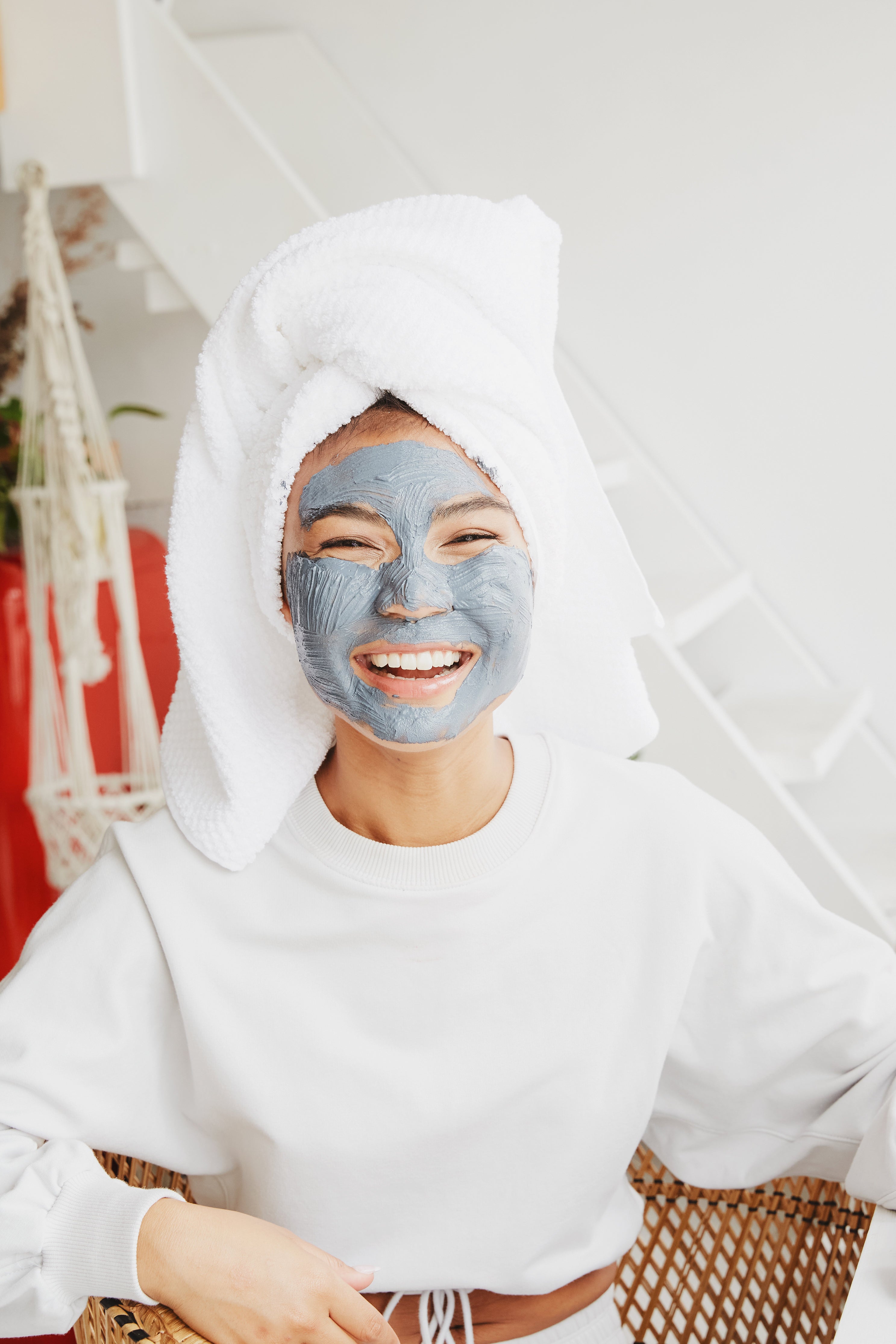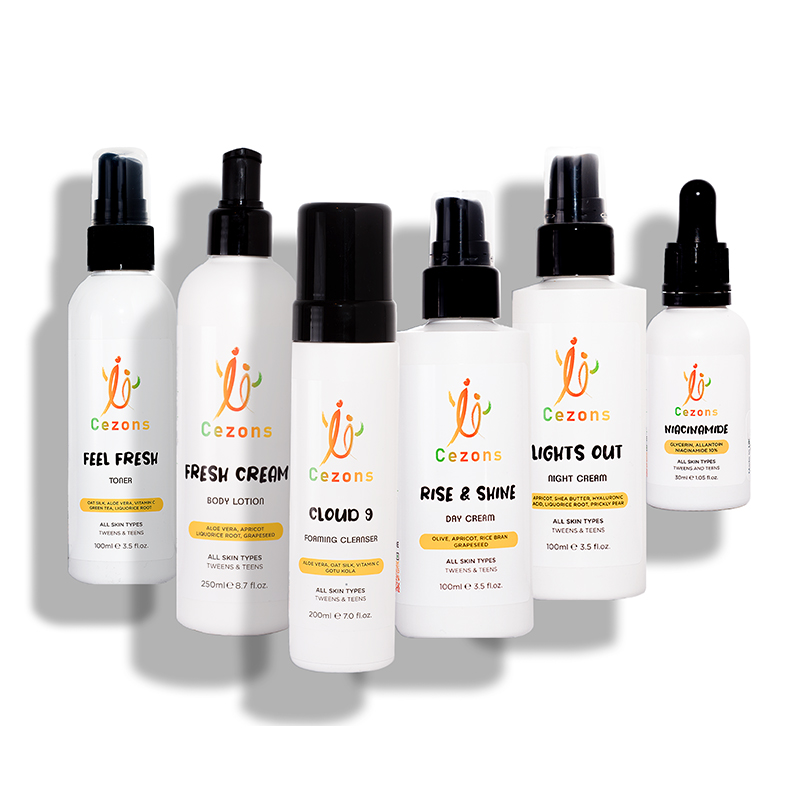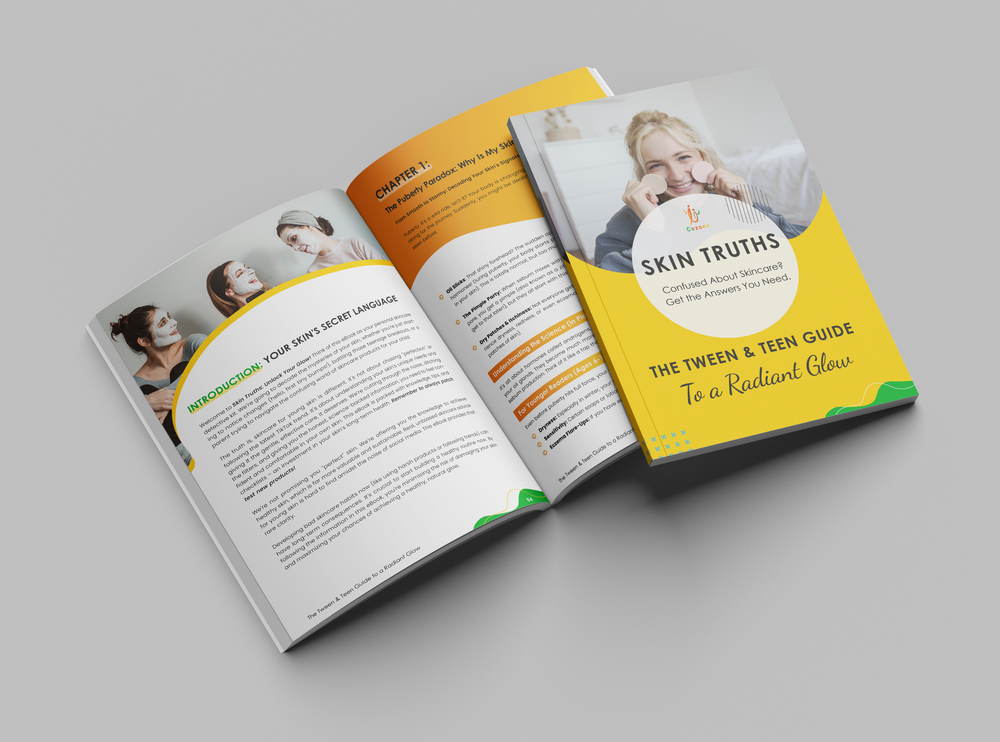Beginner skincare mistakes

Skin is the largest organ in the body and the first line of defence against environmental stressors. So if you want to keep your skin looking its best, it's crucial to have a healthy skincare routine. However, suppose you're just starting out with your skincare routine or switching things up from what you've been using all along (which can be tempting). In that case, there are some common mistakes that you should avoid. Here's what they are:
Not knowing your skin type
One of the first things you should do when getting into skincare is figure out your skin type. You can do this by taking a quiz or asking a dermatologist (if you're lucky enough to have one). Once you know your skin type, you must stick with products that work with it. Otherwise, your face will just be covered in gunk and oils from trying to make all sorts of different moisturisers work for different skin types.
Touching your face
Avoid touching your face as much as possible. Your hands are full of bacteria and dirt that accumulates from touching surfaces, your phone, and many other things that are packed with bacteria. These nasties are transfered onto your hands, which then moves onto your face when touched again later on during the day (ew).

Skipping regular checkups
Getting a checkup once a year is a good idea, and even more often if you have concerns about your skin. If you're worried about anything related to your skincare routine or have noticed any changes in how your skin looks or feels, don't hesitate! A doctor can help figure out what's going on.
If you have acne-prone skin (or any other concern), ensure that whoever examines your face is well-trained in treating it. Dermatologists are experts in treating all kinds of issues related to hair follicles and sebaceous glands--but they aren't necessarily experts at everything else. So ask them whether they've treated other conditions before so that they know what kind of treatments work best for each person's unique problem areas--and then trust them when they recommend something different than what one might find at Sephora or Superdrug!
Using too much moisturiser and other products.

If you're new to skincare, it's easy to think that more is better. But in fact, too much of a good thing can cause problems for your skin. When moisturising, the best approach is to use only as much product as necessary--and then stop! If you apply moisturiser multiple times per day (especially in a dry climate), ask yourself why: Are you getting enough water? Are there changes in weather patterns that could affect how often and how long it takes for your face to feel hydrated?
If not, and if you still feel like something isn't right after washing off all those products at night, consider switching up what type of cleanser works best with your skin type while making sure they're compatible with each other before layering on extra steps like toners or serums afterwards once per week max just because they say so online without understanding why we need those things specifically when we do them together instead separately because otherwise we risk over-drying out facial areas which leads back into using too much moisturiser again...
Using heavy creams, especially in the winter months.
I'm sure you're smart, and you know it's not wise to use heavy creams during the winter months. In fact, anyone who has lived in a cold climate knows that the best way to combat dry skin is with a light moisturiser--not those thick, greasy formulas that clog pores and make your face feel like an oil slick. But even if you're living in an area where it never gets below freezing, there are still some skincare mistakes beginners should avoid when using heavy creams:
- Don't use too much cream! Seriously--just because something has been advertised as "intensive" doesn't mean it's good for your skin or even necessary. Many of these products contain ingredients that could actually do more harm than good because they're so heavy on oils or other ingredients. The best thing about using lighter creams is that they're easier to control how much product goes onto each section of your face; this way, there won't be any awkward moments where one side gets too much while another side receives none at all (which leads us right into our next point).
- Don't apply moisturiser only at night! This seems obvious, but I've seen countless people do this: They'll apply their cream before bedtime only because they think it will work better overnight without any interference from sunlight or other sources.
Conclusion
Taking care of your skin is essential, but you don't have to be a professional to keep your face healthy!
You can do many things at home that will make your skin look young and fresh.
Here are some tips:
- Use sunscreen every day. Sun damage is the number one cause of wrinkles and age spots, so always wear SPF 30+ outdoors (even if it's cloudy). You should also wear sunglasses whenever possible!
- Drink lots of water daily--the more hydrated you are, the healthier everything else in your body will be!
Take care of your skin! It's the most important thing you can do for yourself and doesn't have to be complicated. Follow these tips, and you'll be on your way to having healthy, glowing skin in no time.







